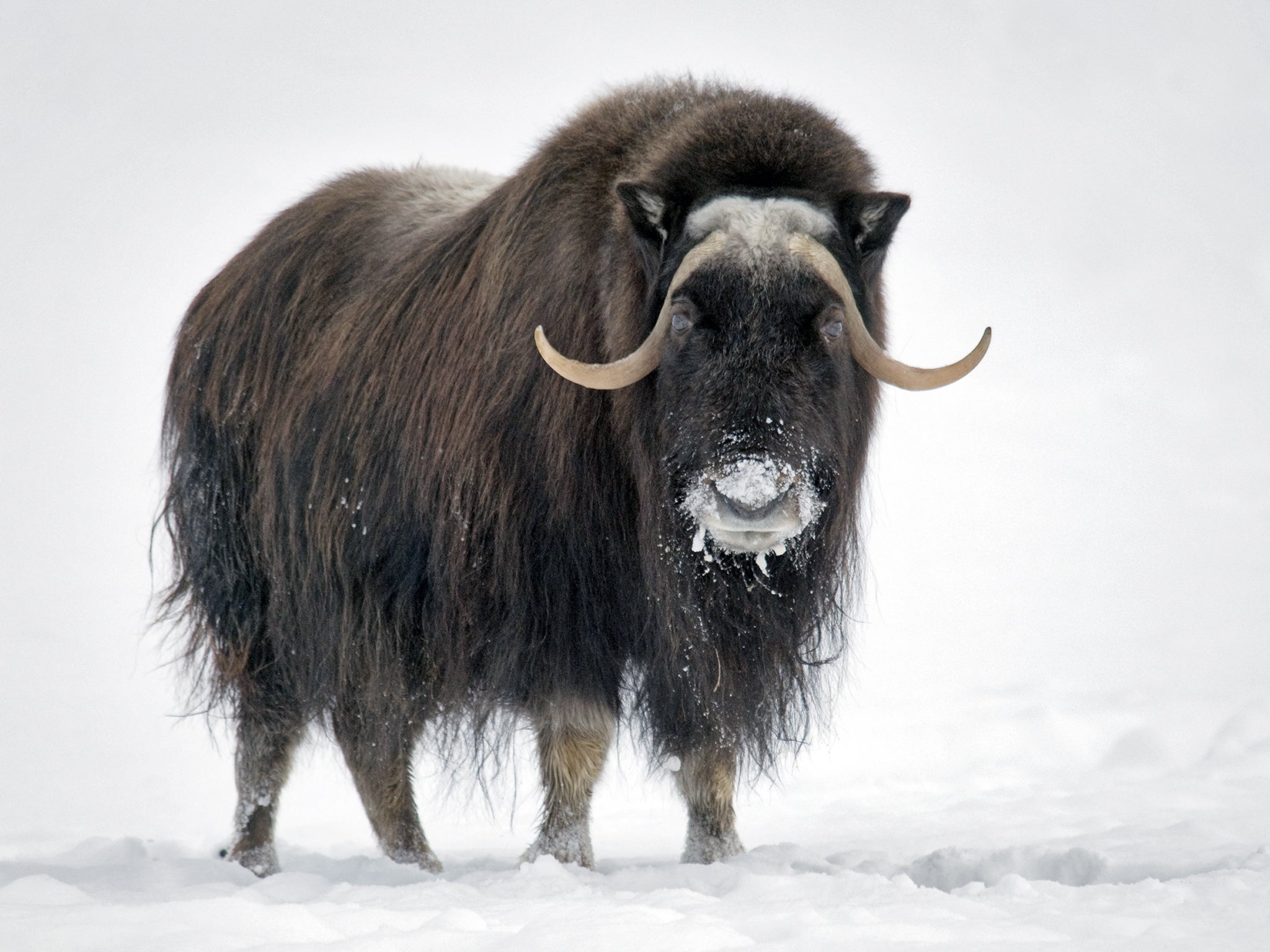Your support helps us to tell the story
From reproductive rights to climate change to Big Tech, The Independent is on the ground when the story is developing. Whether it's investigating the financials of Elon Musk's pro-Trump PAC or producing our latest documentary, 'The A Word', which shines a light on the American women fighting for reproductive rights, we know how important it is to parse out the facts from the messaging.
At such a critical moment in US history, we need reporters on the ground. Your donation allows us to keep sending journalists to speak to both sides of the story.
The Independent is trusted by Americans across the entire political spectrum. And unlike many other quality news outlets, we choose not to lock Americans out of our reporting and analysis with paywalls. We believe quality journalism should be available to everyone, paid for by those who can afford it.
Your support makes all the difference.Alaska big game officials have legalised an unusual hunt that will take a boat and a bold hand.
Starting Thursday, Alaska residents can harvest musk oxen that wander onto Bering Sea ice and become stranded when floes break and drift off.
Musk oxen stranded on ice are doomed to drown or starve, said Patrick Jones, assistant state area biologist.
"This occurs every couple of years," Mr Jones said from his office in Bethel. "It just seems like a waste for them not to harvest these animals."
There is little chance stranded musk oxen could swim to shore in the icy waters. "They're just terrible swimmers," Mr Jones said.
The Alaska Board of Game changed the rule at the suggestion of residents of Mekoryuk, a Cu'pik Eskimo community of 210 and the only village on Nunivak Island, which lies 30 miles (50 kilometers) off the Seward Peninsula, the projection of land north of the Aleutian Islands.
Muskoxen are stocky, long-haired animals that disappeared from Alaska by the 1920s, according to the Alaska Department of Fish and Game. Thirty-four East Greenland musk oxen in 1935 were moved to Nunivak Island, where they thrived. Animals from the transplanted herd were used to start four other Alaska herds and two in Russia.
Bulls stand 5 feet (1.52meters) high at the shoulder and weigh up to 800 pounds (360 kilograms). Cows reach 4 feet (1.2 meters) at the shoulder and can weigh up to 500 pounds (225 kilograms). Their horns cover nearly their entire forehead.
When threatened, cows circle around calves, horns out, to protect the youngsters.
A survey in June estimated 740 muskoxen are on Nunivak, well above the department's target of 500 to 550. The department manages the numbers with hunting.
Doomed musk oxen on ice floes are most often spotted by hunters in boats seeking marine mammals. When hunting walrus or seal, hunters try to shoot the animal on ice so it doesn't sink. After a kill, they will run their boats right onto the ice to butcher the animal. If hunters harvest a musk ox, Mr Jones expects the same thing to happen.
No one is sure why musk oxen wander on to sea ice. They might be heading to the mainland or one of the smaller islands. "I think they're heading toward things they can see or smell in the distance," Mr Jones said.
Ice covers much of the Bering Sea in winter. In spring, shore-fast ice routinely breaks and floats off. Pieces can be a quarter-acre or miles long, Mr Jones said.
Alaska already had a hunting provision for musk oxen stranded on tiny islands that did not have enough summer food to keep the animals from starving. Hunters could apply for an emergency order to shoot them, Jones said. The process could take up to four days.
That wouldn't work with musk oxen on sea ice. Winds and tides can move ice miles. "You may not be able to find that ice floe again," Mr Jones said.
The new hunt requires hunters to provide photographic proof that the animal was surrounded by salt water. That's a reasonable trade-off for not needing a permit, Mr Jones said. "Most people have cellphones these days," he said.
Musk oxen are highly desired as game.
"A lot of people compare it to a goat or sheep. Also, it's one of the few wild animals that has fat marbled through the meat," Mr Jones said. "It's incredible. It's really rich."
Associated Press

Join our commenting forum
Join thought-provoking conversations, follow other Independent readers and see their replies
Comments